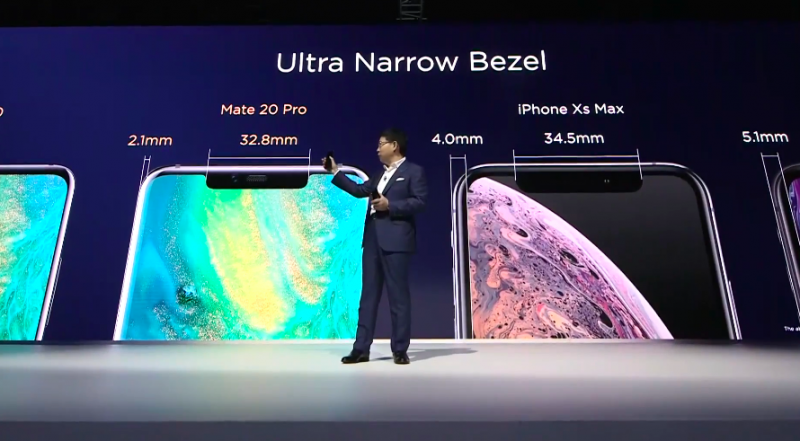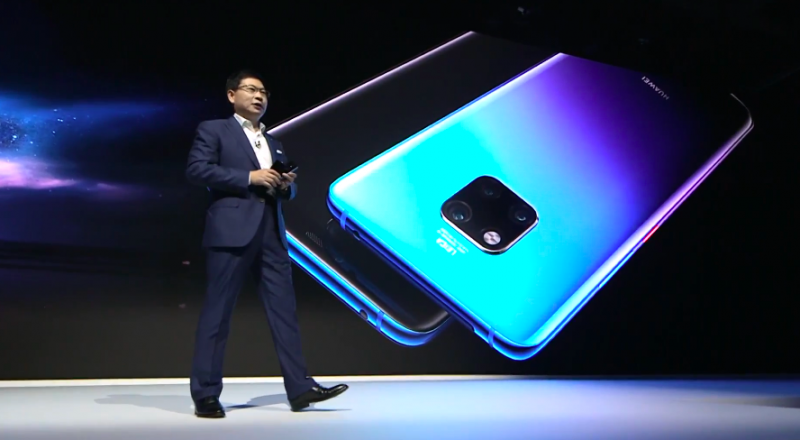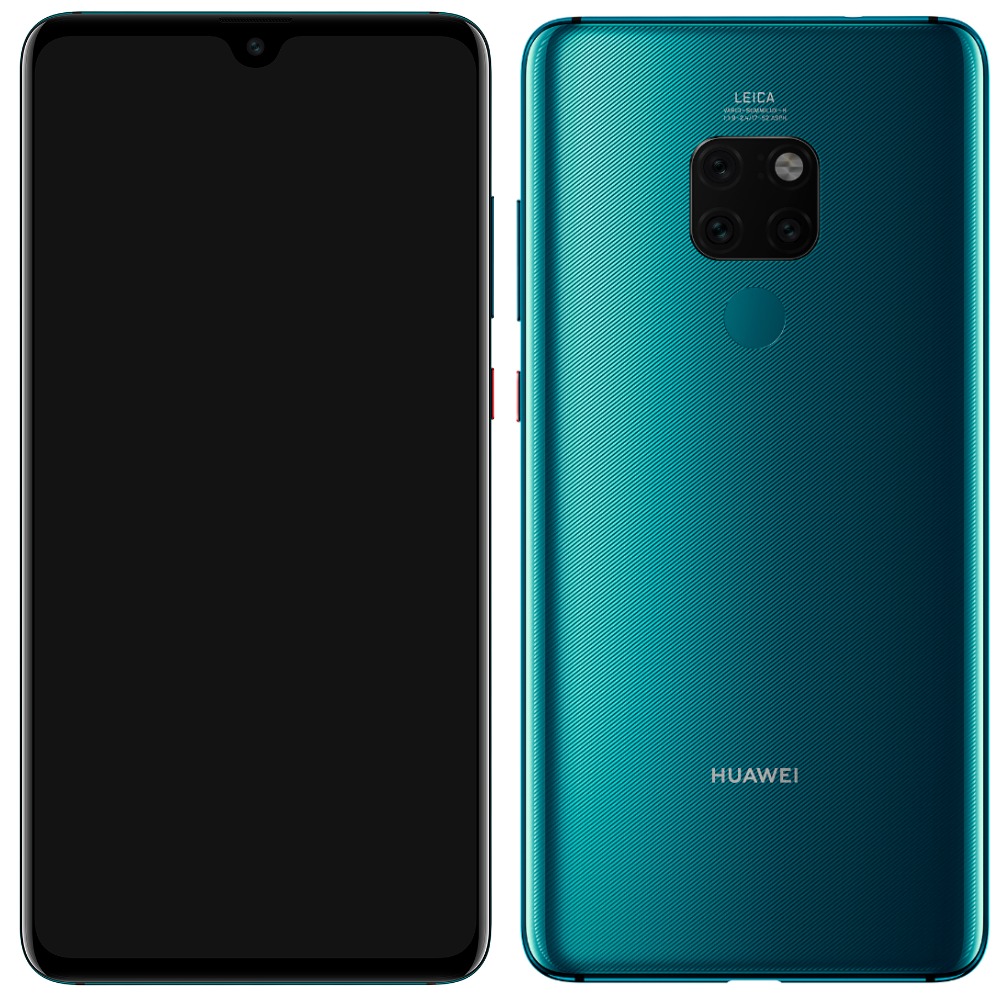- Huawei on Tuesday unveiled the Mate 20 and Mate 20 Pro to take on Apple’s iPhone XS and Google’s Pixel 3.
- The Mate 20 Pro boasts an on-screen fingerprint reader, meaning Huawei beat Apple in taking the feature mainstream.
- Other features include a triple-lens camera system, which features an ultrawide lens and the ability to take detailed macro shots.
- The Mate 20 starts at €799 ($925/£700) and the Mate 20 Pro at €1,049 ($1,215/£925). Both will be available on November 16.
Huawei, the world’s second-biggest phone maker behind Samsung, unveiled the Mate 20 and Mate 20 Pro to take on Apple’s iPhone XS and Google’s Pixel 3 at an event in London on Tuesday.
Huawei is hoping that major performance improvements to the Mate series – including on-screen fingerprint recognition, a triple-lens camera system with artificial-intelligence software, and phone-to-phone charging – will cement its position ahead of Apple.
The devices are bigger successors to last year’s Mate 10 and Mate 10 Pro. The Mate 20 comes with a 6.53-inch full HD display, while the Pro model comes with a 6.39-inch curved OLED display.
Both phones add to the growing trend of smartphone notches, originally a hacky design workaround for front-facing cameras but now a common feature on high-end phones.
The Mate 20 has a subtle teardrop-shaped notch. The Pro model has a larger one akin to the iPhone XS Max's, though Huawei says its notch is marginally smaller.

The Pro model comes with on-screen fingerprint recognition, meaning you can just put your finger on the screen to unlock the phone, rather than touch a dedicated panel on the front or back of the device.
It's not the first Android phone to feature on-screen fingerprint recognition, but it's certainly one of the few major flagship smartphones released this year to feature the technology. The OnePlus 6T, set to be released in November, is also expected to have it, while the iPhone XS and XS Max notably lack it.
The Mate 20 phones also feature 3D facial recognition so a user can unlock their phone with their face, similar to Face ID on the iPhone XS and XS Max.
The camera is the main draw
The Mate 20 Pro features a triple-lens system, with a 40-megapixel camera, an 8-megapixel telephoto lens, and a 20-megapixel ultrawide lens that together form a distinctive-looking square on the rear of the phone. The system allows for highly detailed macro shots.
Huawei also embedded AI software into its camera system, meaning the device can sense and follow the subject of a photo or video.
The company boasted of big gains in performance and speed in the two phones, which will be available in five colours: midnight blue, black, pink gold, emerald green, and twilight, a flashy gradient of cyan and purple.

The Mate 20 Pro comes with fast wireless charging and one curious feature: the ability to charge other devices compatible with the Qi wireless-charging standard, meaning a person with a depleted iPhone XS could place it on the Mate and charge their battery.
Thomas Husson, a Forrester analyst, said the devices would most likely be Android bestsellers until Samsung releases its next flagship phone early next year.
"Huawei will have a nice commercial window of opportunity to benefit from the seasonality of sales last year," he told Business Insider.
The Mate 20 starts at €799 ($925/£700) and the Mate 20 Pro at €1,049 ($1,215/£925). Both will be available on November 16.

